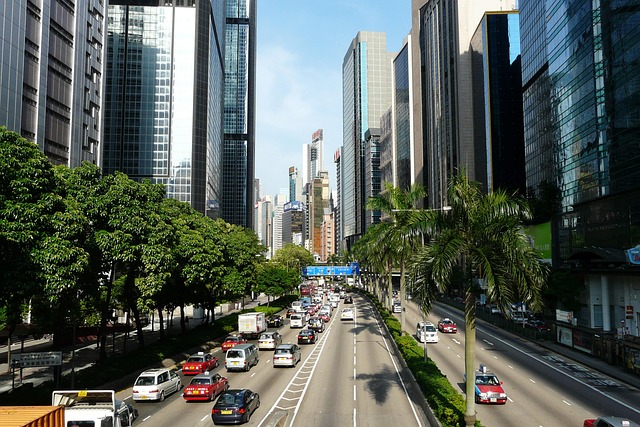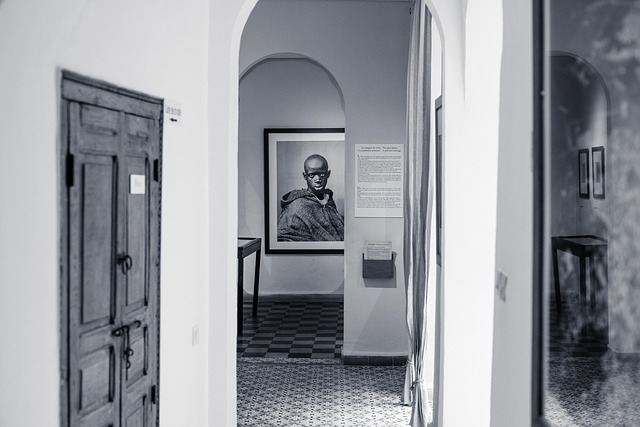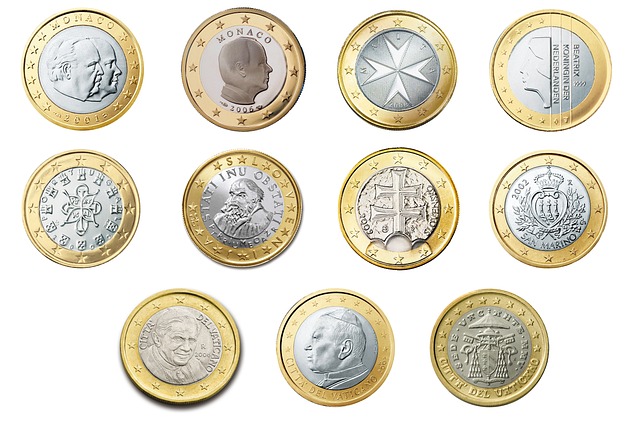
Hong Kong
Introduction
Hong Kong is a vibrant metropolis located on the southern coast of China. Established as a British colony in the early 19th century, it has transformed from a collection of fishing villages into a global financial powerhouse. This article explores the historical context, economic significance, and cultural landscape of Hong Kong.
Historical Background
The roots of Hong Kong's modern identity can be traced back to the First Opium War (1839-1842), which resulted in the cession of Hong Kong Island to the British Empire. The Kowloon Peninsula was added in 1860, and in 1898, the United Kingdom secured a 99-year lease of the New Territories. This colonial history has shaped the region's governance, legal system, and cultural influences.
Economic Significance
Today, Hong Kong stands as one of the world's leading financial centers, ranking third globally after New York City and London. Its strategic location and free-market policies have attracted businesses and investors from around the globe. The city is home to the second-highest number of billionaires worldwide and boasts a robust economy characterized by:
- Trade: Hong Kong is the ninth-largest exporter and the eighth-largest importer in the world, making it a crucial hub for international trade.
- Currency: The Hong Kong dollar is the ninth most traded currency globally, reflecting the city's economic strength.
- Financial Services: The financial sector is a key pillar of the economy, with numerous banks, investment firms, and insurance companies operating in the region.
- Tourism: The city attracts millions of tourists each year, contributing significantly to its economy.
Challenges and Inequality
Despite its economic prowess, Hong Kong faces significant challenges, particularly regarding income inequality. While the city has one of the highest per capita incomes in the world, a stark divide exists between the wealthy and the less affluent. This disparity has led to social tensions and calls for reform in various sectors, including housing and labor.
Cultural Landscape
Hong Kong's culture is a unique blend of Eastern and Western influences, a legacy of its colonial past. The city is known for its:
- Culinary Scene: From street food stalls to high-end restaurants, Hong Kong offers a diverse range of culinary experiences that reflect its multicultural population.
- Festivals: Traditional Chinese festivals, such as the Lunar New Year and Mid-Autumn Festival, are celebrated alongside Western holidays, showcasing the city's rich cultural tapestry.
- Arts and Entertainment: Hong Kong has a thriving arts scene, with numerous galleries, theaters, and music venues that cater to a variety of tastes.
Conclusion
Hong Kong is a city of contrasts, where modern skyscrapers coexist with traditional markets. Its historical significance, economic strength, and cultural diversity make it a fascinating place to explore. As it navigates the complexities of the 21st century, Hong Kong continues to be a vital player on the global stage.

















 Piston Engines Vs Turboprop
Piston Engines Vs Turboprop 
 Health
Health  Fitness
Fitness  Lifestyle
Lifestyle  Tech
Tech  Travel
Travel  Food
Food  Education
Education  Parenting
Parenting  Career & Work
Career & Work  Hobbies
Hobbies  Wellness
Wellness  Beauty
Beauty  Cars
Cars  Art
Art  Science
Science  Culture
Culture  Books
Books  Music
Music  Movies
Movies  Gaming
Gaming  Sports
Sports  Nature
Nature  Home & Garden
Home & Garden  Business & Finance
Business & Finance  Relationships
Relationships  Pets
Pets  Shopping
Shopping  Mindset & Inspiration
Mindset & Inspiration  Environment
Environment  Gadgets
Gadgets  Politics
Politics 